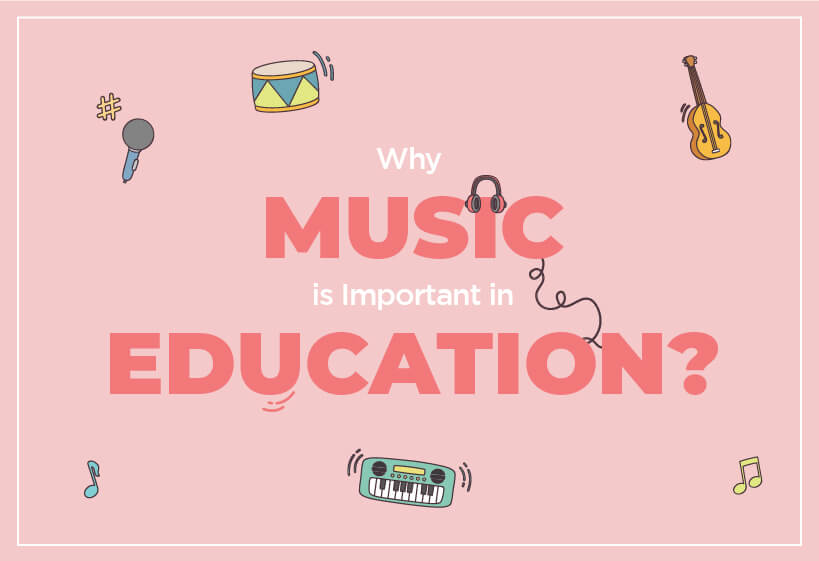Why Music is Important in Education?
September 26, 2022
“Music is a magic like no other.
Which can do Incredible, Unexplainable Things.”
The world of music is dynamic, with a constant stream of new albums, concerts, and product releases. Behind every music is always lyrics and every strong story. When children are exposed to music and music play, from the earliest ages, the impact is quite profound. As they explore the music through play, they make discoveries about themselves and the world around them, develop a larger vocabulary and important pre-reading and math skills, strengthen their social and emotional skills as well as their actual musical development and appreciation. One of the finest international schools in Mumbai gives Music an equal importance in the learner’s curriculum. Kanakia International School is equipped with top-class music equipment with a highly qualified teacher to guide them.
There are activities which are done while learning music like tapping, clapping, bouncing and dancing and such activities help to develop learner’s fine motor skills. Simple songs along with back-and-forth play can help build brain and body coordination, too. At Kanakia International School different types of music is taught where the learners perform and hone their musical and coordination skills as well.
Close relationships have a significant impact on children’s development and music can support these intimate relationships. When caregivers or parents sing lullabies and enhance their pitch, tone and lyrics to soothe and relax the baby, it they will also feel a sense of security and care.
Music has the ability to create community and a sense of belonging. In their homes, children feel connected to their families and communities as they hear accents, songs and stories. During preschool these young children must now learn about and experience the concepts of ‘belonging’ and ‘being an outsider.’ When teachers incorporate the music and sounds of several cultures or homelands, the children can experience an inclusive and connected world early on.

